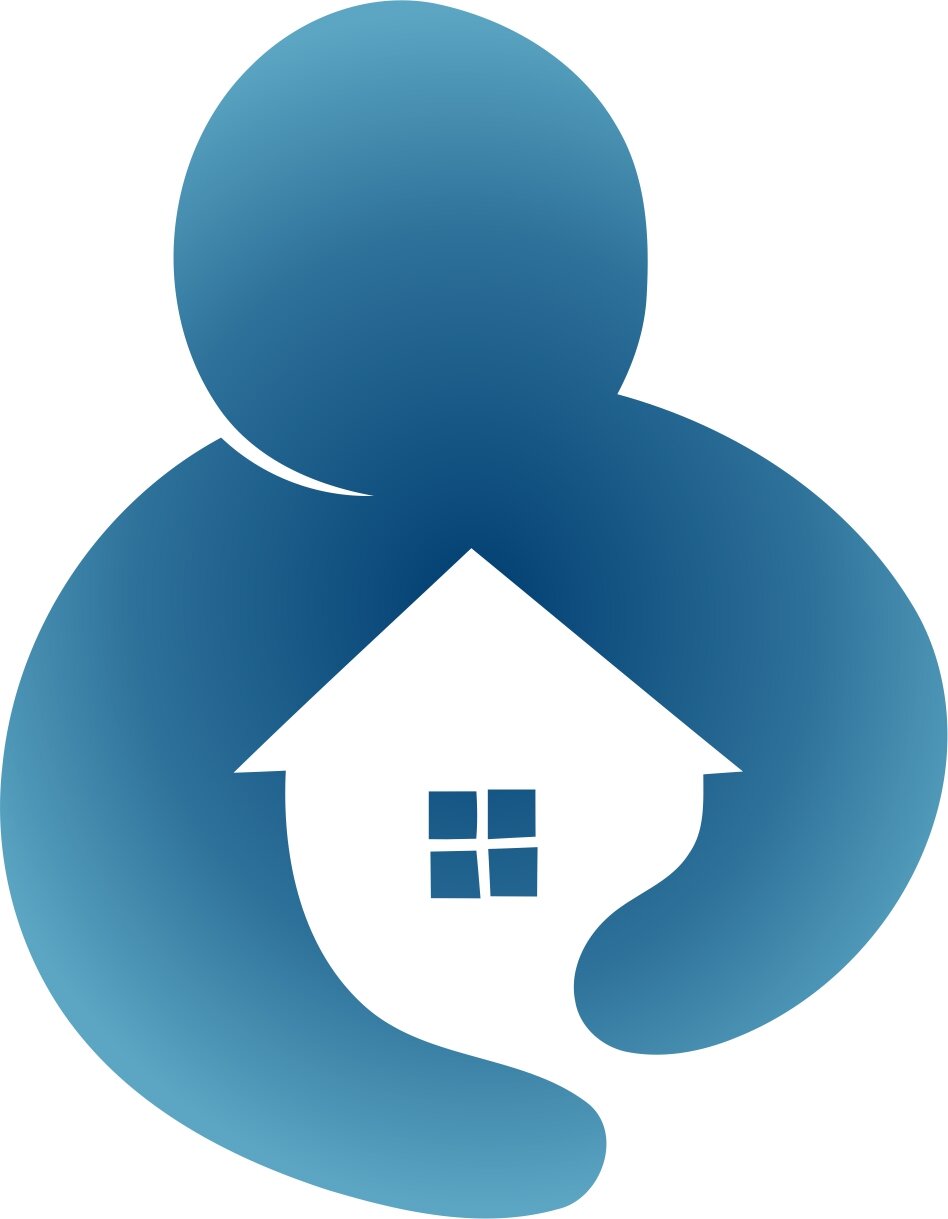Schizophrenia: Causes, Early Signs and Symptoms, and Evidence-based Treatments
By Joelle Y. Jean, FNP-C
Schizophrenia is a long-term mental health illness that affects less than one percent of the U.S. population. It is a mental health condition that interferes with thoughts, feelings and perception. Schizophrenia also causes psychosis which can interfere with aspects of your personal, social, and occupational life.
If you or a loved one is diagnosed with schizophrenia, it can be stressful. But an early diagnosis and treatment can lead to better health outcomes. According to the World Health Organization (WHO), with the combination of effective care options at least one in three people with schizophrenia will be able to fully recover.
In this article we will discuss further what schizophrenia is, causes of schizophrenia, early signs and symptoms, diagnosis, and evidence-based effective treatment.
What is schizophrenia?
Schizophrenia is a mental health condition that severely interferes with a person's thinking, and cognition. It affects memory, attention and problem solving skills. The term schizophrenia is from the Greek origin schizo “split” and phrene “mind”. It was first coined in 1911 by a Swiss psychiatrist by the name of Eugen Bleuler.
People with schizophrenia are more likely to be stigmatized, discriminated against, and experience violations of their human rights. This in turn causes social isolation and many times denial of health care access, housing, and employment.
The WHO states people with schizophrenia are 2 to 3 times more likely to die early from the general population. This is due to conditions like:
Cardiovascular disease
Metabolic disorders
Infections
People with schizophrenia also have a higher risk of getting COVID-19 due to their increased risk of having these conditions.
Causes of Schizophrenia
Schizophrenia is highly genetic. The polygenic risk score- a risk score for developing a certain disease- has proved its genetic component. But schizophrenia can also be caused by environmental factors.
These factors include:
Complications at birth
Exposure to viruses like the flu, or herpes simplex virus type 2 during pregnancy
Older age in fathers and mothers
Trauma either during childhood or adulthood such as sexual abuse and/or physical abuse
Being part of a migrant group
Growing up or living in urban environments
Delayed developmental milestones
Heavy and long term use of cannabis and other substance use
In terms of brain function and structure, people with schizophrenia have differences from the general public. For example, the neurotransmitters or chemicals in the brain of a person with schizophrenia can either be too active, or not active enough.
Studies also show that people with schizophrenia have less gray matter or the part of the brain that has nerve cells. Brain scans of people with schizophrenia who have died show the structure of their brains are different from when they were a child.
Early signs of schizophrenia and diagnosis
The onset of schizophrenia is typically during late adolescence and early 20s. In men, onset typically is earlier. According to studies, a first psychosis episodes in people with schizophrenia with marked disadvantages- isolation and poverty- usually occurs when the person:
Lives alone
Single or unemployed
Renter
Lives in overcrowded conditions
Income is below the poverty line
The American Psychiatric Association’s Diagnostic and Statistical Manual of Mental Disorders (DSM-5) has criteria to diagnose schizophrenia. A person is diagnosed when they have at least two of five main symptoms.
The symptoms include:
Delusions
Hallucinations
Disorganized or incoherent speaking
Disorganized or unusual movements
Negative symptoms
According to the WHO many people with schizophrenia around the world are not receiving sufficient mental health care.
Treatment and side effects
Taking second-generation antipsychotic medication daily is the first line of treatment for schizophrenia. Other treatments include:
Long-acting injectable medication
Therapy
Electroconvulsive (ECT) Therapy
Cognitive-behavioral (CBT) Therapy
Unfortunately, many people with schizophrenia discontinue taking their medication. Current antipsychotic medication treatment only works for only half of the population. Although medication does take away hallucinations and thought disorders, people still report experiencing:
Social withdrawal
Flat affect
Learning and attention disorders
Sexual disfunction
Increase risk of infections
Weight gain
Forgetfulness
Side effects of ECT include:
Headaches
Nausea
Fatigue
Confusion
Slight memory loss
Side effects of ECT are reported to last for a few minutes to hours.For Healthcare Providers
Despite side effects, there is no cure for schizophrenia. Medication and therapy results in the optimal outcomes. In addition, another evidence-based treatment that should be considered is patient-centered care. Patients with schizophrenia perception of their disease is critical to their treatment.
Patient-centered care includes health care providers creating individually tailored, deeper understanding and connection care. It is also important to include patients in their treatment.
Treatment includes:Enhancing relationships
Support with self-sufficiency
Improving well-being
Effective treatment plans
Shifting services from institutions to communities
Goal oriented
Schizophrenia is a very disabling condition. It is ranked 25 in the world as a leading disability. However, the earlier the diagnosis and treatment, the better the outcome and the recovery for a person with schizophrenia. The WHO created a Comprehensive Mental Health Action Plan 2013-2030 providing 100 million more people access to quality and affordable care for mental health conditions including schizophrenia.


